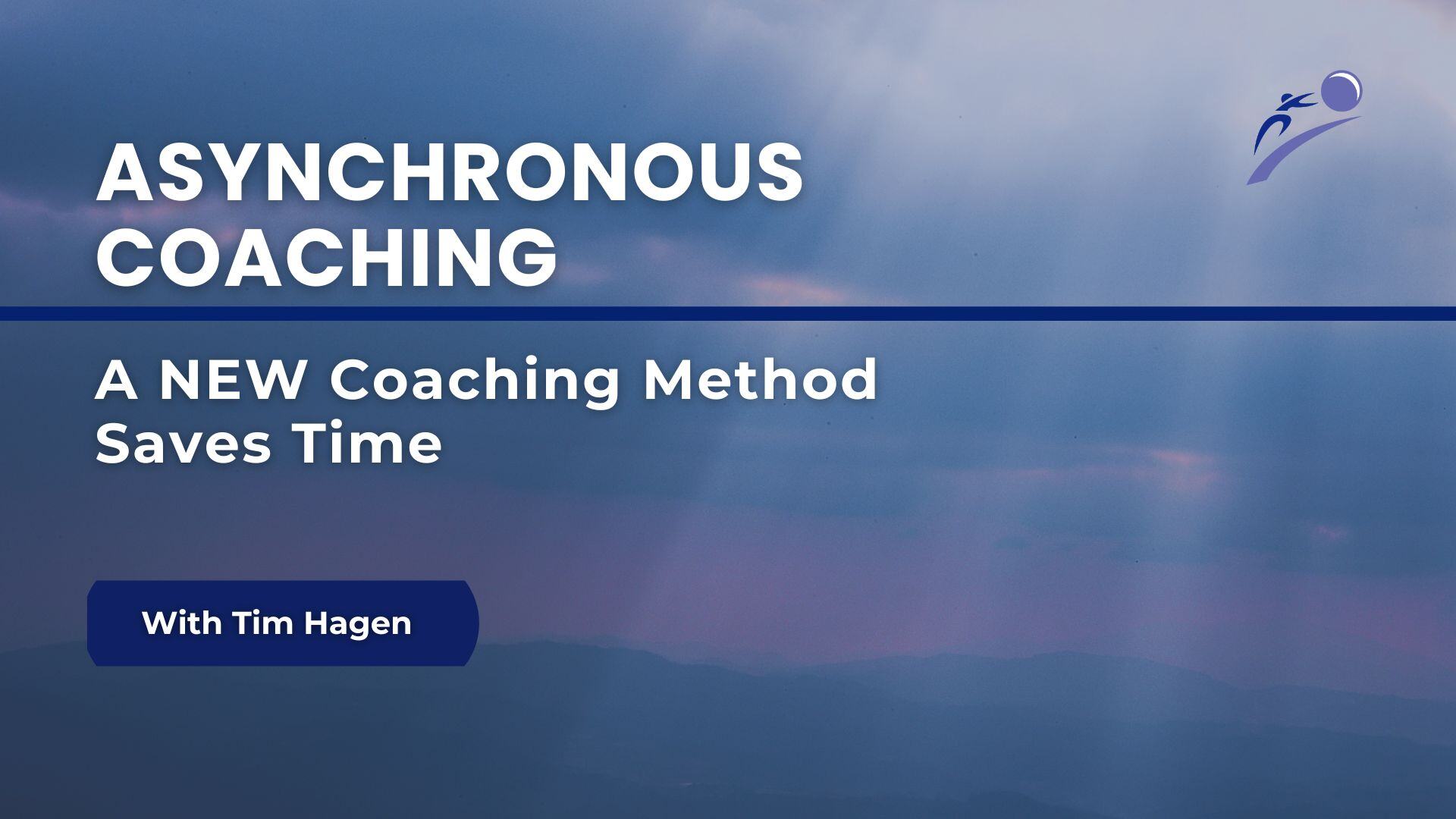
Whether you are a manager or coach that provides a service of coaching time has always been our greatest challenge. It seems everybody's entering the coaching profession these days and more and more companies are starting to adopt coaching as a talent development strategy. How does one go about maximizing time?
Scaling your time in providing valuable coaching is vital not only to your success but we must keep in mind the people we are coaching also have a battle with time. Here are five strategies that can help you maximize time:
- Case study coaching - have your employees or clients receive a weekly case study specific to the area that your coaching to. Challenge them with questions such as what would you do or how would you address the situation. Even though I think were over inundated with email this can be a valuable way to supplement your in person coaching.
- Send an audio - send an audio file to your employees or clients presenting a specific situation that is correlated to the area that your coaching to. One of the great things about this is that it allows your employees and clients to hear your voice. It's personal and highly effective as it allows you in a very short time to send a message that can facilitate coaching. For example, you could send an audio file with an assignment that is due before the next in person coaching session. This saves both parties time and maximizes the in person coaching.
- Leverage peer to peer coaching - there is nothing better than to peers practicing or working together as a supplemental coaching strategy to your direct work with them. Let's say you are a leadership coach and you are coaching one of your clients to become a better leader. A simple but highly effective strategy could be for your client to interview two or three leaders as a byproduct of your coaching relationship. The trick is to provide what we call an accountability action by asking the leader to not only document what he or she learned but more importantly what they learned about themselves that they're committed to changing
- Adopt a junior coach - if you have someone on your team or in your business that can facilitate coaching activities that you create it will save you time but at the same time maintain coaching momentum. For example, if you are coaching people to provide a great client experience you could simply create a one-page facilitation sheet for a junior coach to follow. You could literally have the junior coach playing audio that challenges the person or persons being coached to address a particular situation related to client experience.
- Read & Reflect Coaching - one of the most effective ways to maintain momentum when coaching your employees or clients is to use a strategy called read and reflect. Let's say you are coaching someone who needs to handle conflict more effectively. You could purchase the book Crucial Conversations and have your person or persons being coached sharing on a weekly basis what they've learned from each chapter that was assigned and what they've learned about themselves that they are committed to changing. This maximizes your in person coaching session because it provides a strong framework for in-depth discussion.
If you facilitate activities and learning that can maximize your in person coaching conversation you will not only save time but you also leverage time on behalf of your employees or clients. If the above content has provided value please consider one of the following upcoming free webcasts:
7 Strategies to Coaching Positive Workplace Attitudes: click here
Join Our Newsletter: click here




